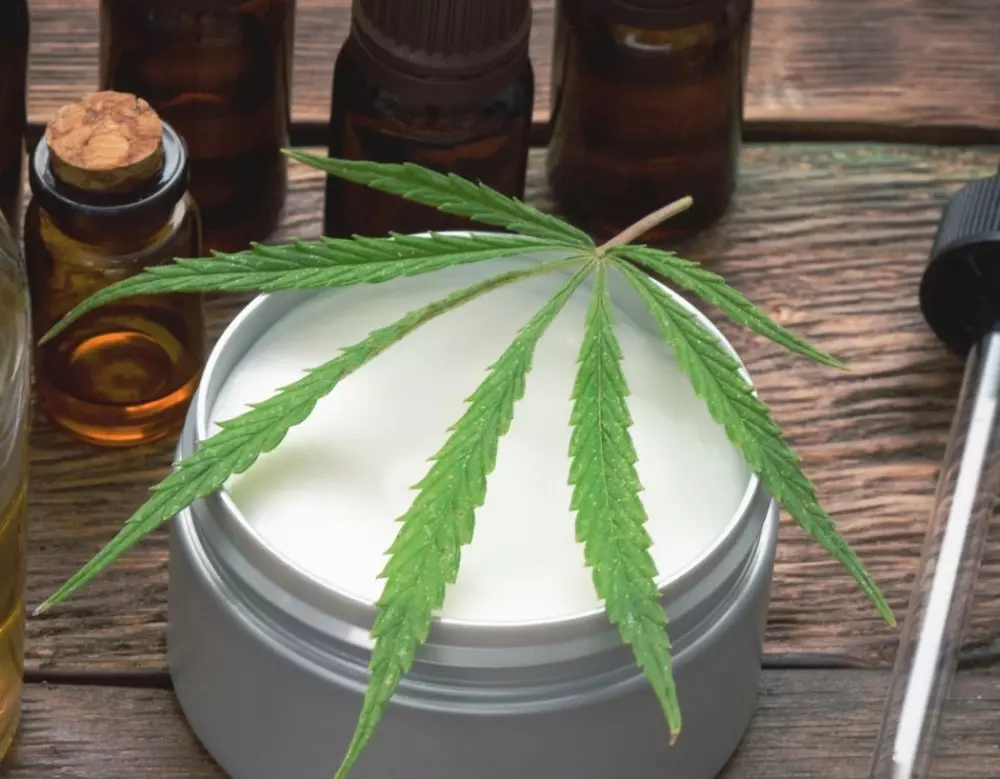Cannabis enthusiasts in many US states have celebrated the legalization of their favorite plant in recent years. Legalizing weed for adult use has opened new doors for consumers to buy cannabis and cannabis products. It has also opened the door for people to smoke weed without the fear of being arrested for possessing marijuana.
Along with these freedoms is the ability to experiment with the myriad ways cannabis can be utilized, both for recreational purposes, and as an important plant medicine.
People have been baking with cannabis for decades. Just about everyone has tried a weed brownie at some point in their life. Today, legal cannabis in means that using weed in cooking and in beverages is almost commonplace in some places.
Three of the most popular cannabis-infused cooking ingredients are cannasugar, the ever-popular cannabutter, and cannabis coconut oil. They're staples in the kitchens of cannabis consumers of all kinds — from recreational stoners to medical marijuana patients.
Why Does Coconut Oil Work With Cannabis?
Coconut oil is trendy these days, not only for cooking, but in several other useful ways: it's used in shampoos, conditioners, body lotions, and more. Coconut oil has a high concentration of saturated fats, or fatty acids, that are beneficial. Because of these fatty acids, it makes it a strong binding agent for the cannabinoids in marijuana. Coconut oil has a saturated fat level of 80% as compared to olive oil, which only has 20% saturated fat. This means that combining cannabis with coconut oil provides a much better binding effect than olive oil; it could be said that coconut oil is the perfect binding agent to infuse with cannabis. Coconut oil provides another set of health benefits, one of which is lauric acid. When lauric acid is digested, it creates a monoglyceride that acts as an antimicrobial. Many people have turned to canola oil as a healthier cooking oil in recent years, but coconut oil provides even more fatty acids than either butter or canola oil. Another great benefit of using coconut oil is that it remains solid, even at room temperature. This makes it a wonderful medium to use as a topical agent. The solid state of the oil makes it ideal to use in gelatin capsules. This is also a very popular and effective way of consuming cannabis-infused coconut oil. Cannabis-infused coconut gelatin capsules are easy to make at home!Benefits Of Using Coconut Oil For Cannabis Edibles
There are compounds in cannabis that are fat-soluble. Coconut oil has a very high saturated fat content. Combining cannabis and coconut oil may help boost your body's immunity, and improve some aspects of health. The cannabis compound known as THC is thought to lower blood pressure. The fats present in coconut oil are believed by some to be healthy forms of cholesterol. The combination of the THC and the healthy aspects of coconut oil appears to be good for cardiovascular health. Cannabis coconut oil is also thought to be able to stimulate your metabolism. It is believed by many researchers that the THC in cannabis-infused coconut oil can improve cognition, minimize oxidative stress in the brain, and may possibly check the onset of Alzheimer's disease. On its own, THC is a potent pain reliever. When combined with coconut oil, it is thought to be an even better analgesic. When used topically, the solution can medicate sore muscles and scrapes. Plus, cannabis coconut oil leaves your skin fresh, moisturized and healthy. It is believed that coconut oil can help to modulate hormones in some instances, and relieve anxiety, due its stimulating the release of ketones in the liver. Researchers believe that THC can reduce stress and anxiety. The use of coconut oil combined with cannabis could help alleviate both stress and anxiety, and even help you sleep better.Cannabis Coconut Oil Ingredients
- 7 to 10 grams of cannabis flower
- 1 cup of coconut oil
Supplies Needed:
- Strainer or cheesecloth
- Grinder
- Saucepan, slow cooker, or double boiler
- Cooking thermometer
